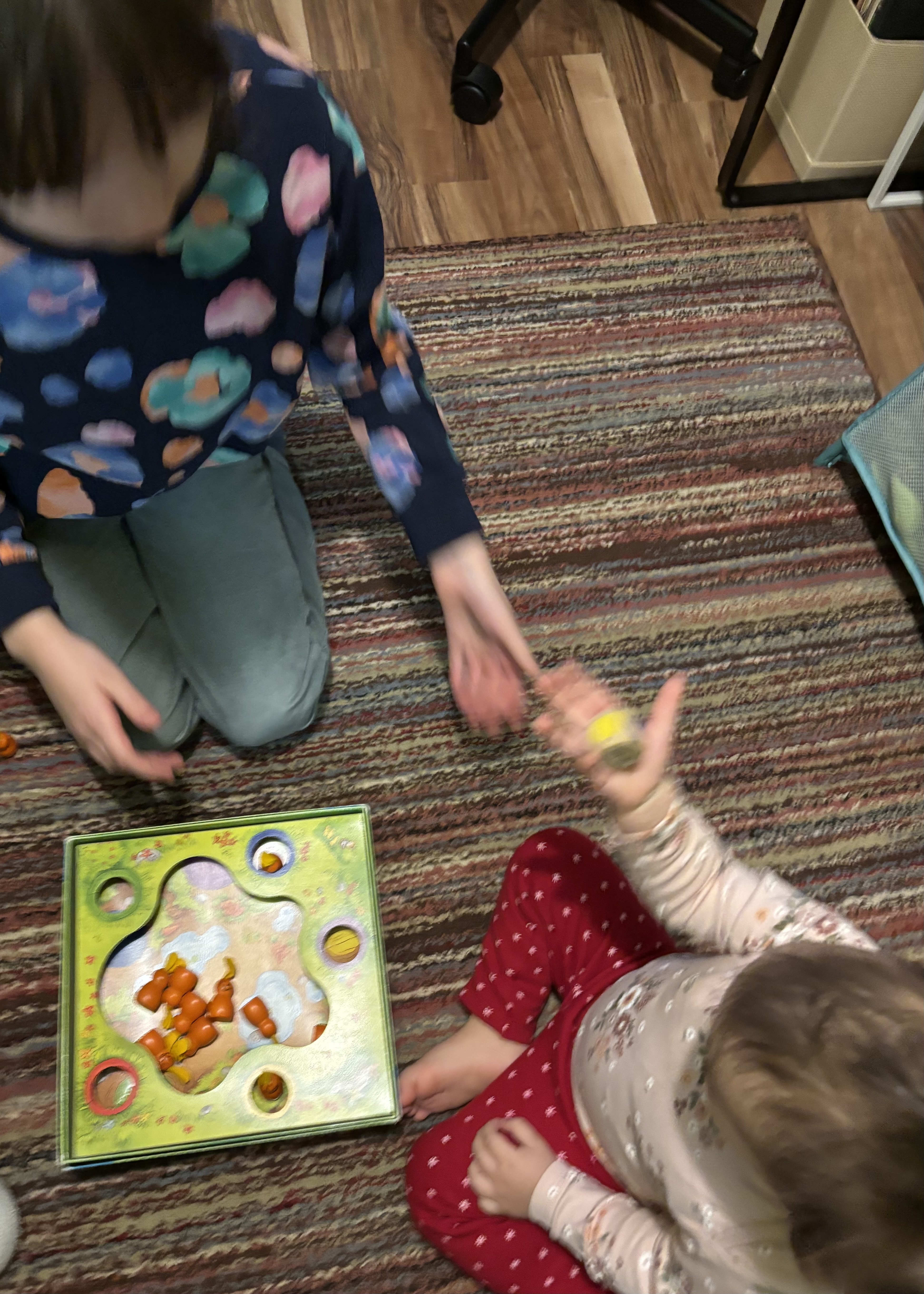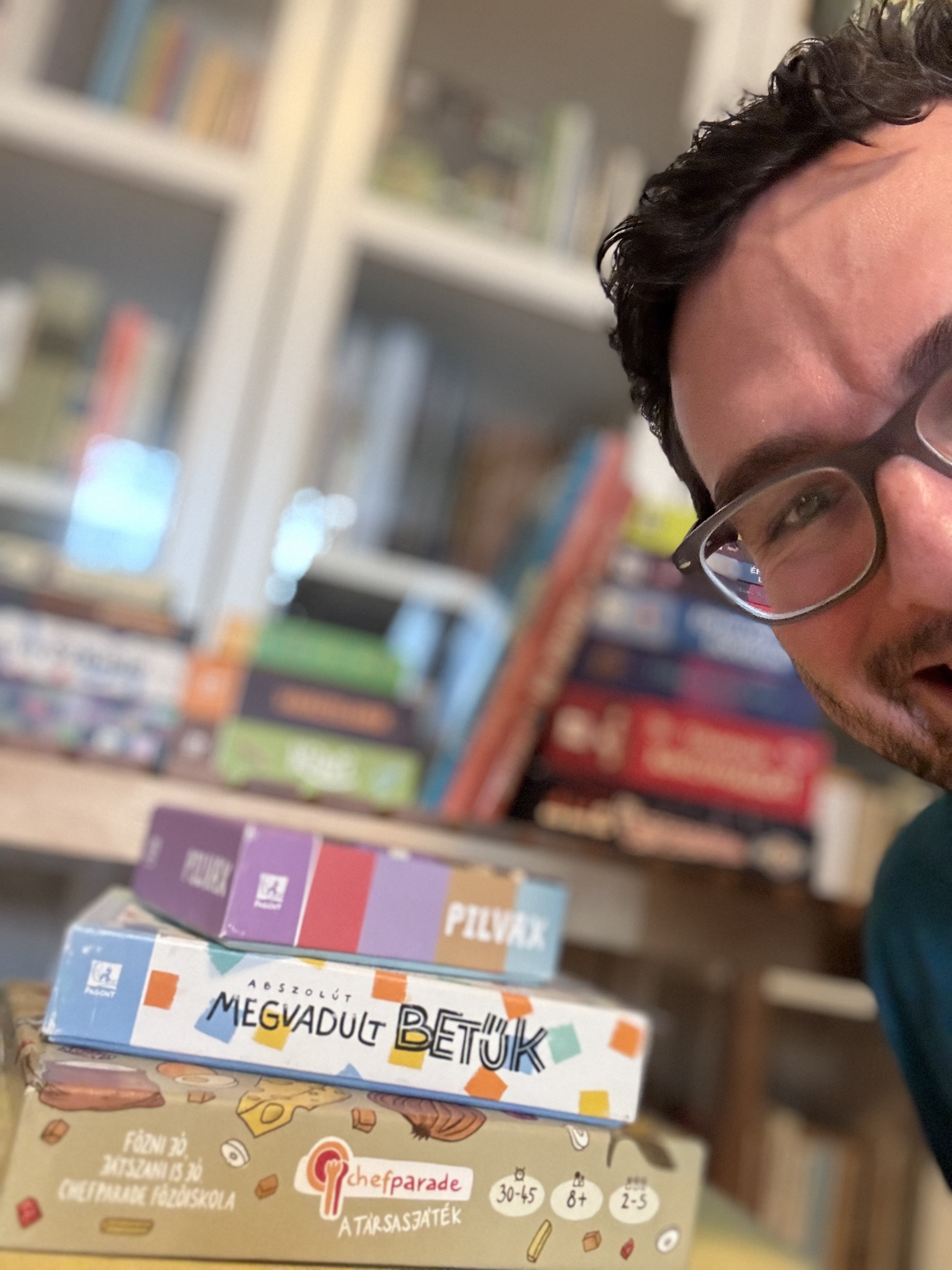I've noticed that I often refer to my workplace in my articles, which isn't too surprising, considering that's where my experiences come from. However, I've also realized that referring to my workplace in English isn't straightforward. Often, even in Hungarian, it requires explanation in conversations about what I do, even though we live in the same country.
I lead the educational part of a civil organization, which we call "tanoda" in Hungarian. Told, where we work, is a border village with a population of 300. Our task is to support the education of disadvantaged children and youth. In our family mentor program, we start accompanying the children from birth, initially visiting the families in their homes. From kindergarten age, the children start coming to us, and from school age, we assist them with individual mentoring. The "tanoda" is neither a kindergarten nor a school; the children attend both, and come to us for special occasions. As they grow, we guide them towards greater independence, but they can enjoy our support as long as they are part of the school system. Every acquired trade or high school diploma is a huge success, and we are very proud. Yet, when asked about our results, I often highlight that the entire community's attitude towards learning and school has changed. This is most evident in the fact that they started attending better secondary schools in a distant city, because they believe they have a choice and can also handle this bigger challenge.
I started working as a volunteer in Told in 2012, and since 2013, modern board games have been playing an important role in our educational work. Since PlayWise often talks about board game pedagogy, I won't go into it in depth here. I would like to highlight one thing that has a major impact on our entire pedagogical work. Through the pedagogical use of board games, we understood the importance of patience and motivation. Board games have shown that there is no need to rush and carry out direct developments. By creating gaming situations, we can patiently observe as children develop unnoticed in various areas. Since then, we have been trying to incorporate this indirect pedagogy into as many of our activities as possible because we find it to be the most effective. Thanks, board games!




